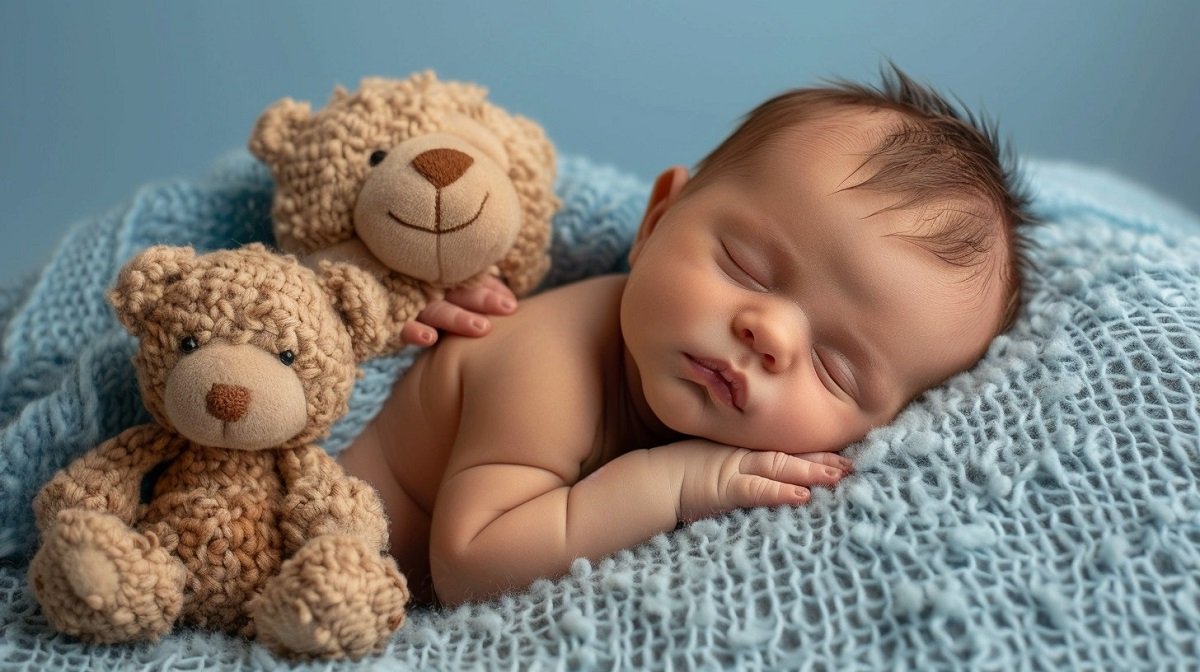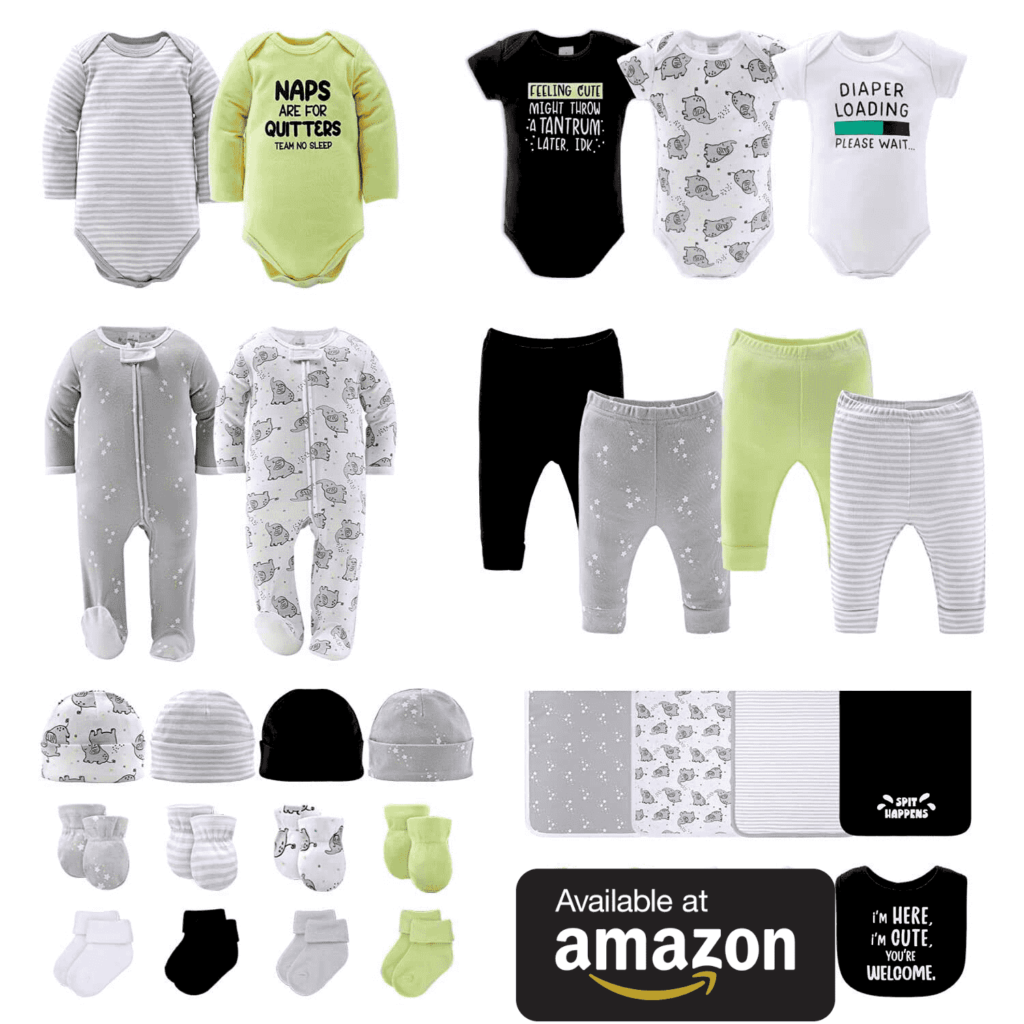Although welcoming a newborn into the world is a happy occasion, new parents frequently face a number of difficulties during this time. How to get rid of newborn hiccups have to discuss today. Newborn hiccups are a common worry that can be both entertaining and concerning. But don’t worry—newborn hiccups are a common and usually harmless occurrence. This post will discuss the causes of newborn hiccups and offer some helpful advice on how to treat them.

In the early days of their baby’s life, many parents experience the frequent and usually harmless phenomenon known as newborn hiccups. These repetitive, involuntary diaphragmatic contractions have a characteristic “hic” sound and can happen several times a day. Although the exact cause of newborn hiccups is not always known, the immaturity of the baby’s nervous and digestive systems is thought to be a contributing factor. Newborns who experience hiccups usually get over them on their own and don’t feel uncomfortable or distressed. These hiccups are gentle and repetitive, which many parents find endearing. Many parents also consider them to be a normal part of an infant’s early development. Consultation with a pediatrician can offer assurance and direction on how to handle newborn hiccups if they are prolonged or cause concern.
Understanding Newborn Hiccups
Because of their immature digestive systems and involuntary contractions of the diaphragm, the breathing muscle, newborns are susceptible to hiccups. Even though hiccups are a normal stage of a baby’s development, parents may find them disturbing. Thankfully, there are a few gentle methods you can try to help reduce your baby’s discomfort.
How To Get Rid Of Newborn Hiccups
Calm, soothing techniques can be used to relieve hiccups in newborns. First, giving the baby a tiny sip of water can help to ease the hiccups and restore their swallowing reflex. Resolving hiccups and soothing the baby’s diaphragm can also be accomplished by gently patting or massaging their back. Furthermore, letting the baby nurse or suck on a pacifier can help to calm their breathing pattern and stop hiccups. A more relaxed feeding experience can lower the chance of hiccups by ensuring a calm and quiet environment during feeding times and minimizing distractions. However, it is advised to seek further advice from a healthcare provider if hiccups continue or are accompanied by other worrisome symptoms.
1. Feed in an Upright Position
Reducing the amount of air your baby inhales during feeding by feeding them uprightly can help prevent hiccups. To facilitate the release of trapped air during and after feedings, hold your baby slightly upright.
2. Burp Your Baby
Newborns need to burp in order to help expel any air they may have swallowed during feeding. After each feeding session, remember to burp your baby by giving them a gentle pat or rub on the back. This easy procedure can drastically lower the chance of hiccups.
3. Pacify with a Pacifier
The diaphragm of your baby may feel soothed by sucking on a pacifier, which may also help prevent hiccups. Offering your baby a pacifier during or after a feeding session can be a quick and easy solution if they are already used to using one.
4. Gripe Water
A natural herb-based remedy called “gripe water” is well-known for helping soothe infants’ upset stomachs. Before using gripe water to treat hiccups, consult your pediatrician. If approved, then take the prescribed amount.
5. Adjust Feeding Techniques
Sometimes a baby will experience hiccups and increased air intake due to the breast or bottle feeding providing milk too quickly. To regulate the milk flow and reduce air ingestion, try paced bottle feeding and experimenting with various feeding positions.
6. Maintain a Calm Environment
Because they are so perceptive of their environment, newborns may experience hiccups due to stress or excitement. Minimize loud noises and other distractions when feeding and playing to create a serene and quiet environment.
7. Wait It Out
Newborns who experience hiccups frequently recover on their own. A baby experiencing hiccups should not cause you undue concern. Give the hiccups some time to pass on their own.
Peanutshell Newborn Clothes & Accessories Set
Conclusion
Although hiccups in newborns are common, they can be controlled with time and easy interventions. You can ease your baby’s hiccups and give comfort during this sensitive developmental stage by using these gentle strategies. See your pediatrician for individualized guidance and comfort if your baby’s hiccups are concerning you or if they occur often. Keep in mind that each baby is different, so you may need to experiment a little before you find the strategy that works best for your child.
Although hiccups in newborns are usually harmless and a normal part of development, parents can comfort their worried baby by using gentle methods to relieve them. Keep in mind that every baby is different, so figuring out the best strategy for your child may require some trial and error. If you are worried about your baby’s hiccups or are unclear of the best course of action for your particular circumstance, always seek advice from your pediatrician. You can help your newborn get over their hiccups and have a calm and healthy start to life by being patient and caring for them.


